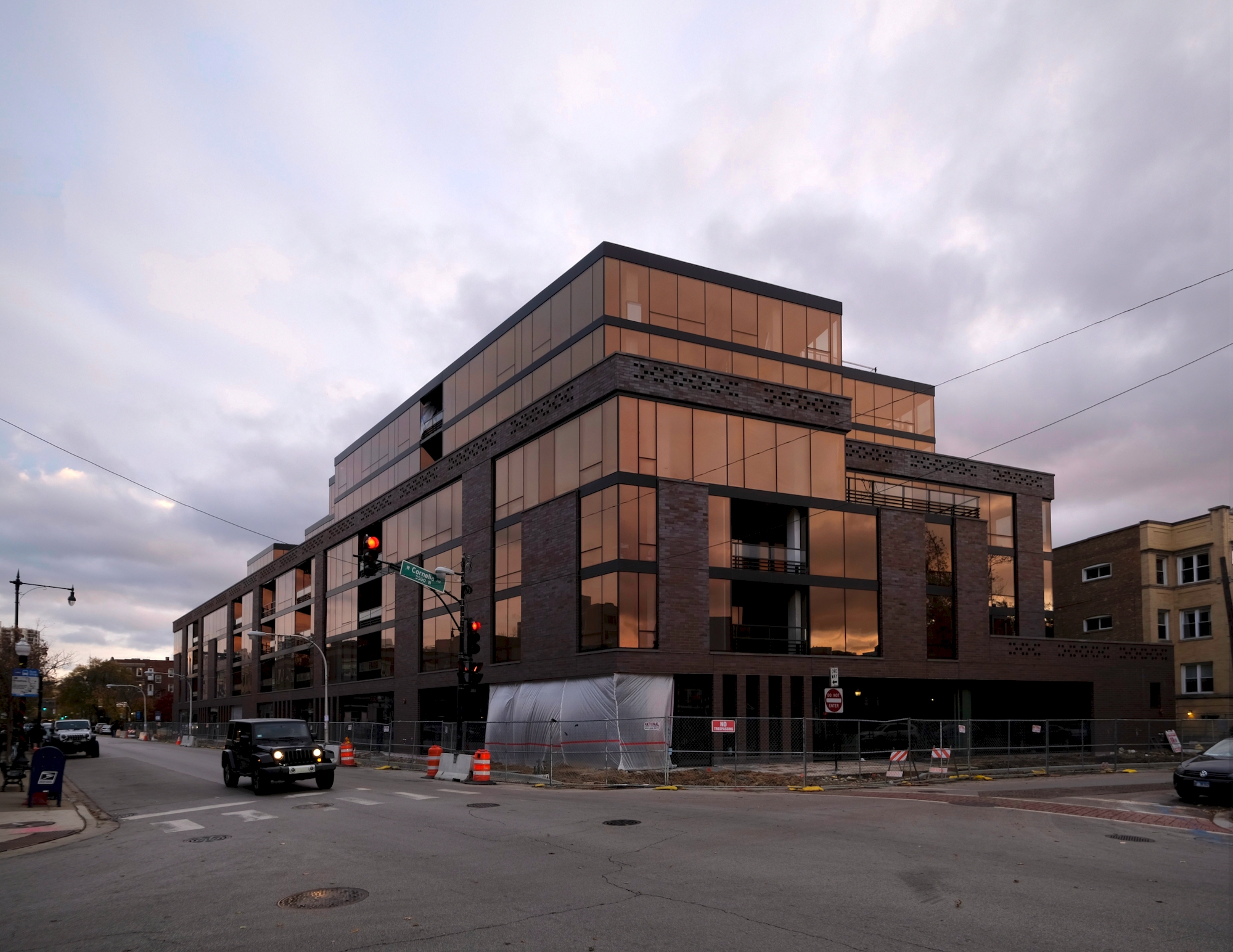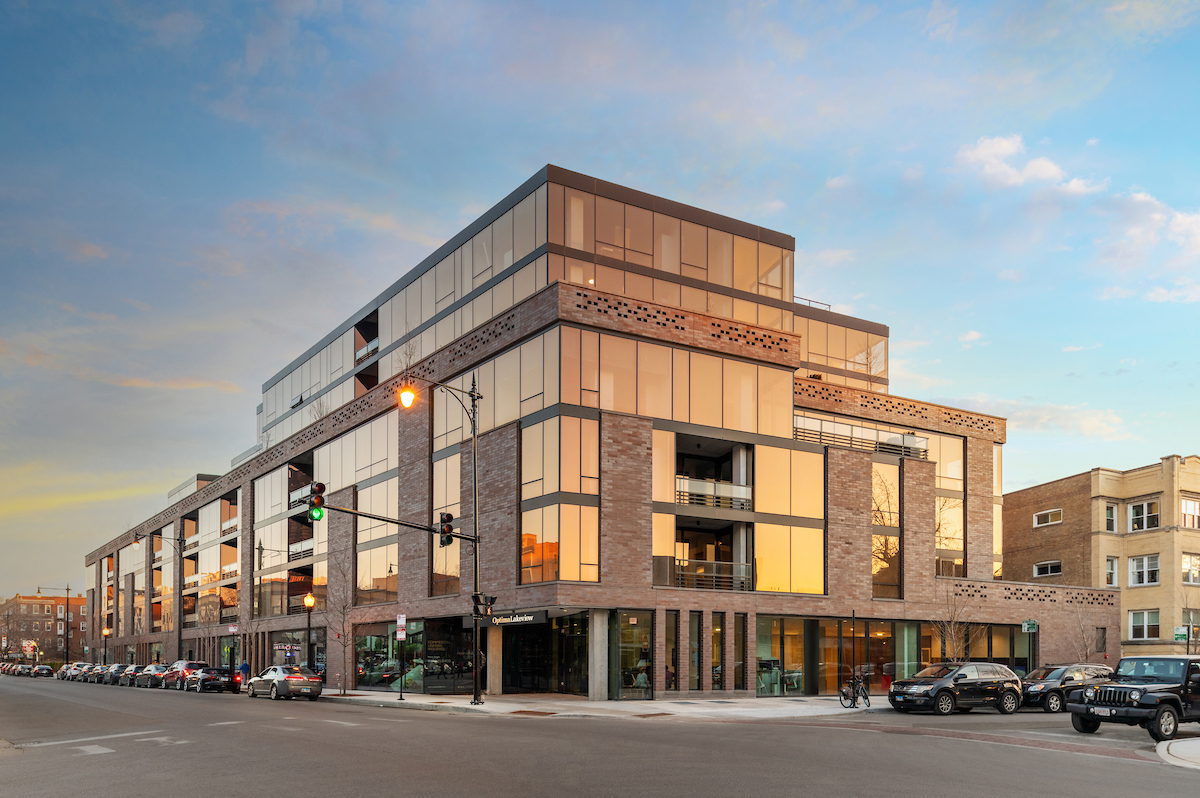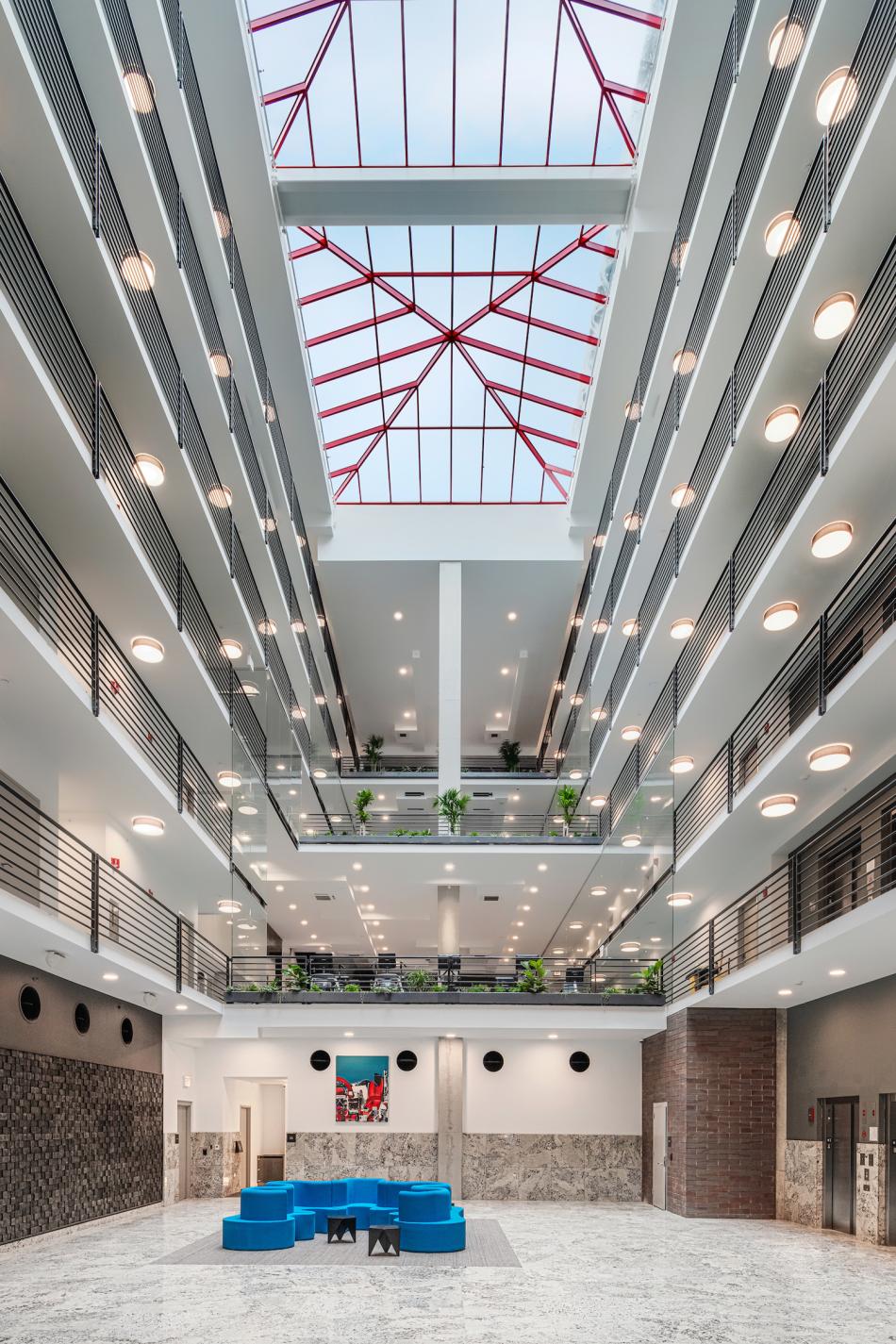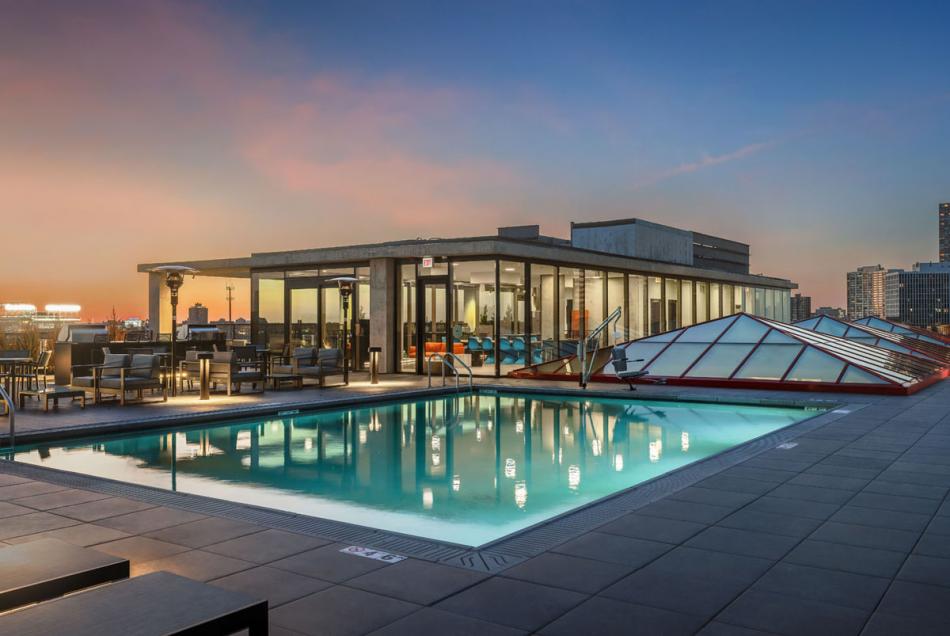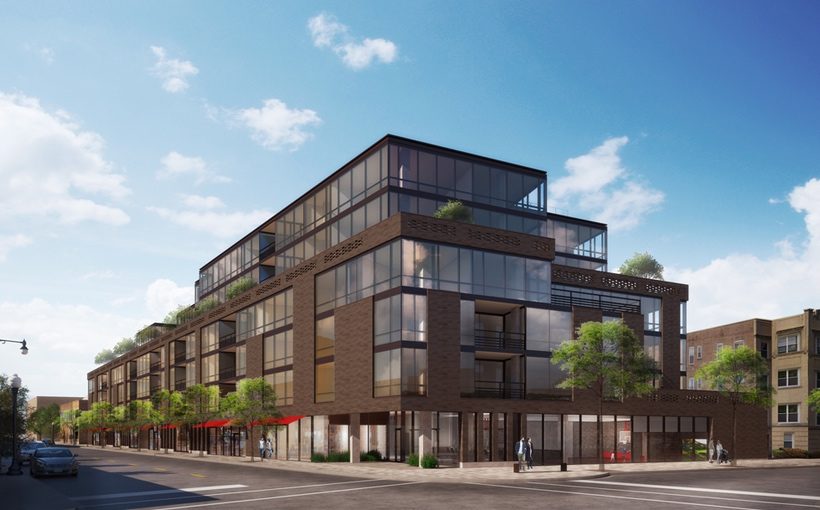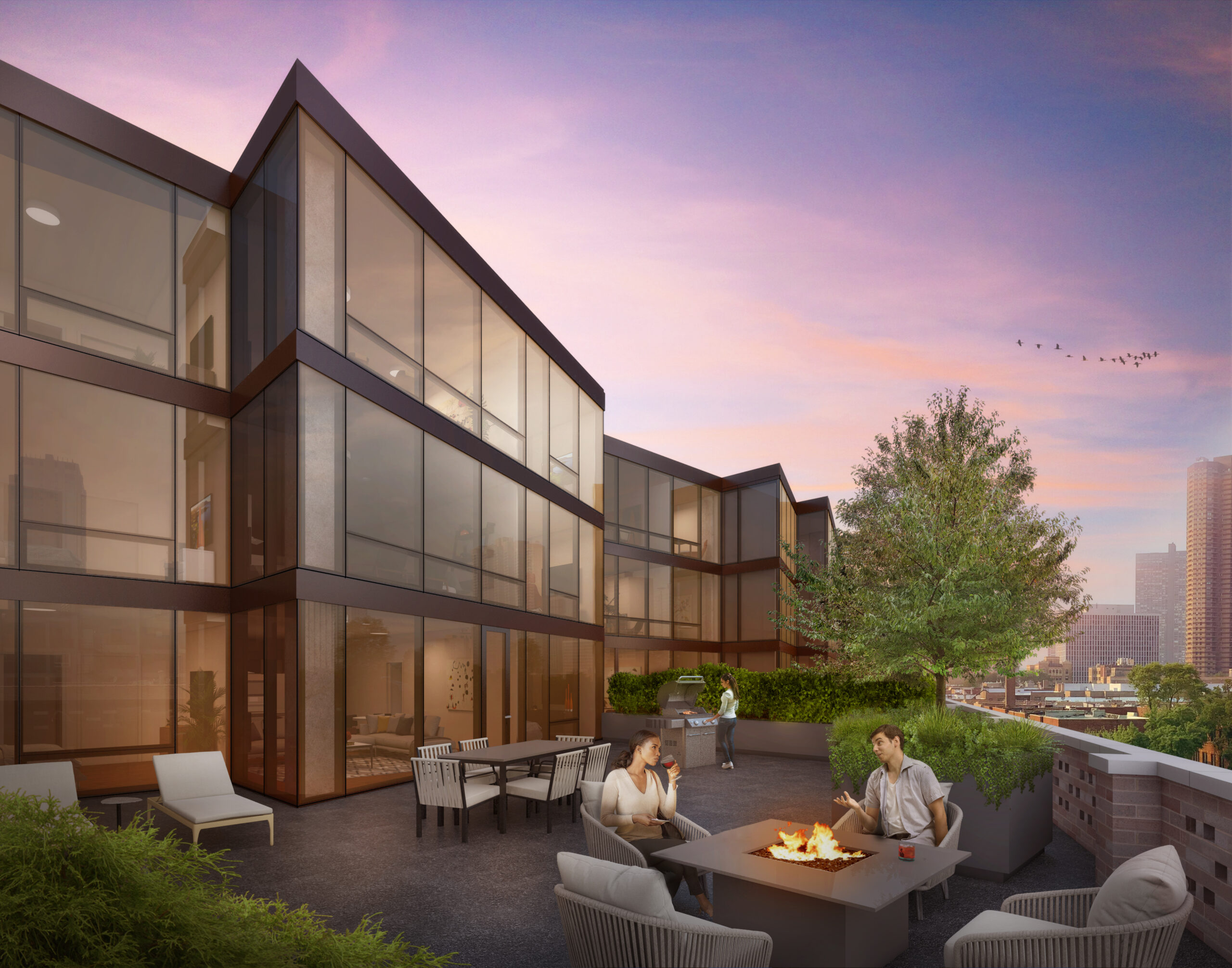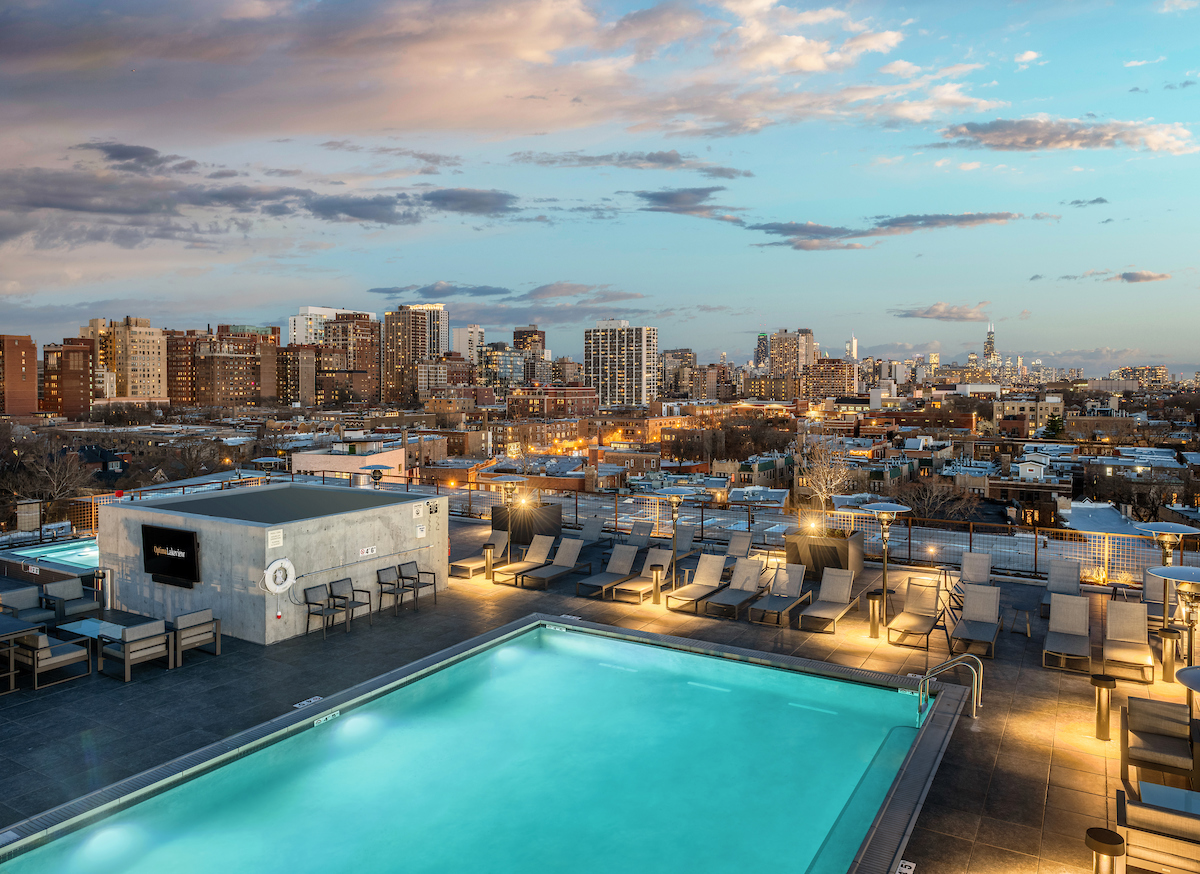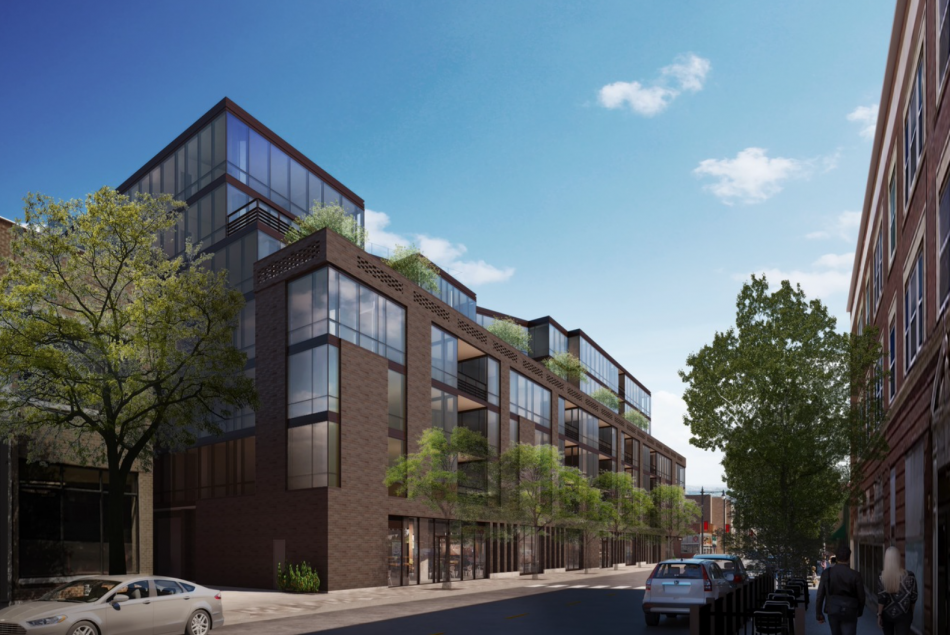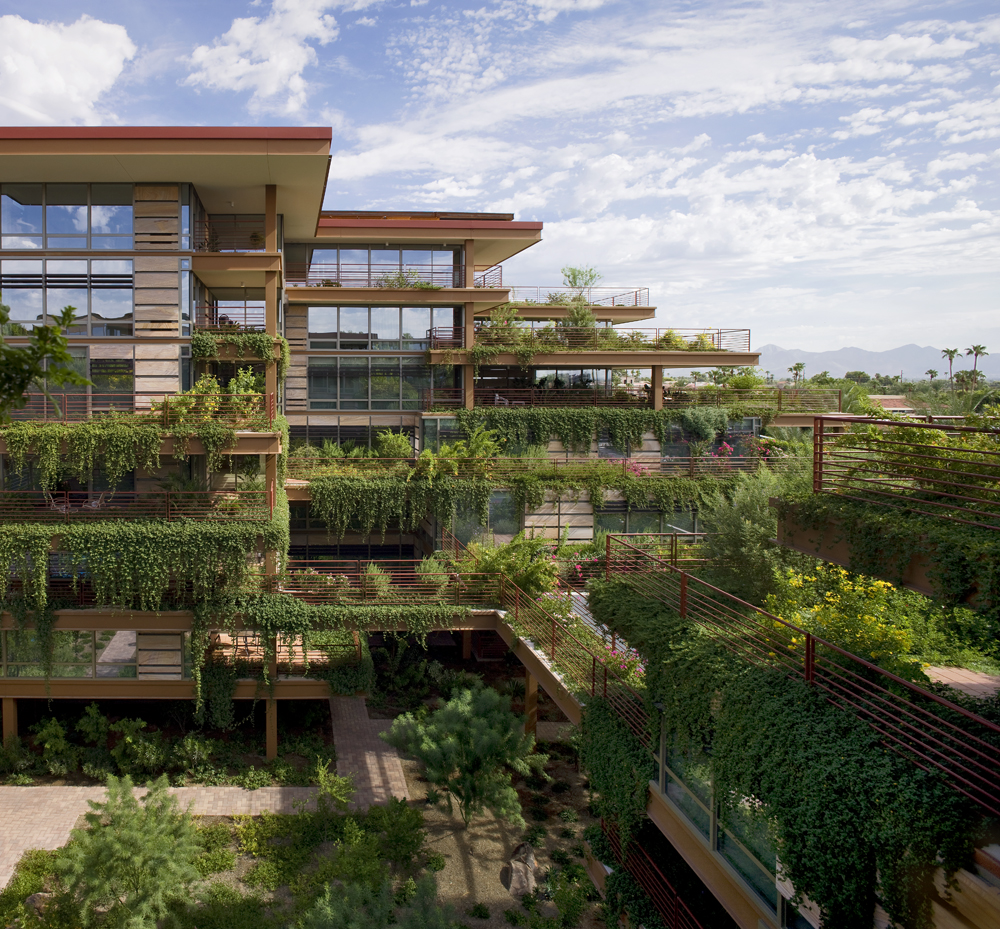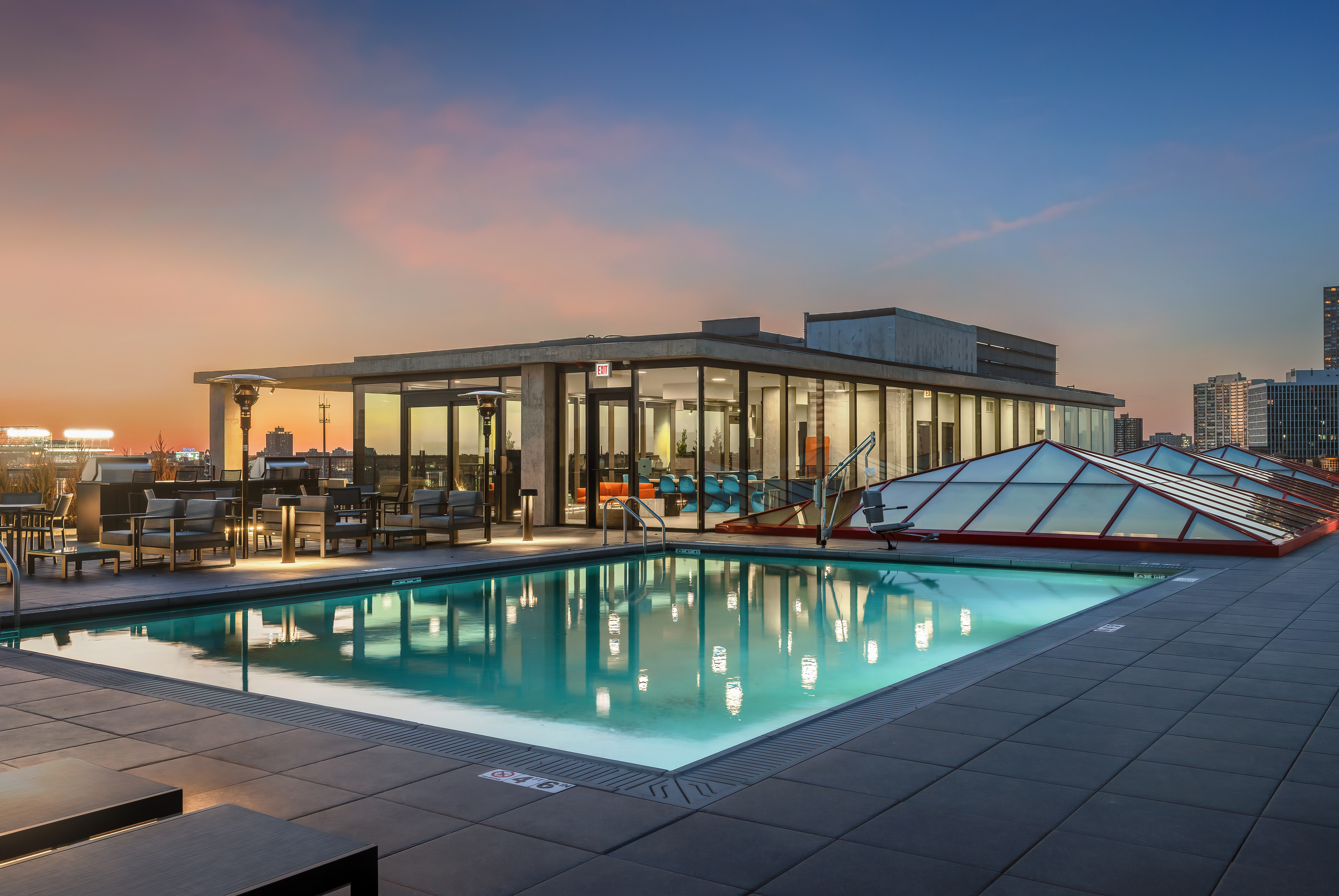How do iconic apartment buildings get their names? Property owners and managers go to great lengths to decide what best reflects a community and neighborhood, appeals to residents and might become memorable.
Deciding what size building to construct, which systems and materials to use, how many apartments to include and how much to charge monthly are among the many challenges to develop and operate a building in today’s competitive rental environment. And though it may seem that picking a name for a property and its common rooms and deciding on a palette and décor would be easy, fun tasks—the metaphorical icing on the cake, these decisions require work rather than decisions off the top of a marketing expert’s head.
Companies today often organize focus groups to have potential residents weigh in or research the history of an area to forge a connection with its roots. In some cases, a straightforward approach of using a street name or number supplant creative names that may be hard to pronounce, let alone remember or spell. However, thoughtfully branded community names can make a difference, not just for lease-up, marketing and residents but for professional internal and external teams who deal with the community, says Jon Cordell, Director of Development at Lendlease, which has 2,331 units in Chicago and 773 in three other states.
The importance of naming apartment buildings dates back decades. The iconic The Dakota on New York’s Central Park West, is said to have gained its name because of its once isolated location. Many guidebooks relay that it was ridiculed for being located far from the busiest part of New York City’s downtown and might as well have been in the Dakotas.
Other buildings’ names have helped make them famous, sometimes because of location, height, style and innovativeness such as Habitat 67 in Montreal, which was designed as cubes by architect Moshe Safdie in 1967 for the World Exposition of that year and has units to rent; the 1,500-foot tall John Hancock Tower in Chicago, which has rentals and condos and conjures images of one of the most well-known signers of the Declaration of Independence; and Aqua Tower also in Chicago, another rental and condo designed by architect Jeanne Gang with a wavy exterior to mimic Lake Michigan’s waters beyond.
Today’s owners and managers use a variety of strategies to name new properties and rebrand existing ones. Making the effort can help fashion an inviting setting with a name that connects it, says Diana Pittro, Executive Vice President at RMK Management Corp. in Chicago, which manages more than 8,800 apartment homes across 38 properties in Illinois, Indiana, Minnesota and Wisconsin. “People may not remember details, but they will remember if there’s a negative connotation,” she says.
Inspired by an address, landmark or architectural feature
RMK Management Corp. asks several executives to choose names to focus on something relatable to the address and how potential residents search online. As an example, Pittro cites the company’s property 42 Hundred on the Lake in St. Francis, Wis., which is on Lake Michigan. In other cases, it might simply go with the address such as 2929 on Mayfair in Wauwatosa, Wis., which makes it easy to remember and look up the building on the company website, she says. “So many potential renters search by town or street.”
Regarding décor, RMK Management Corp. works with a designer to create a look that reflects the property itself and its potential demographic through the choice of furnishings, colors and marketing materials such as a logo. In the last few years, its approach has been to simplify any decisions, so everything is less kitschy and more memorable, she says. If there’s something historic that’s important about the location or town, that might come into play. For example, Wauwatosa has a rich history and was founded by Charles Hart in 1835 along a river that spurred it to become a mill town. The building displays some historic photos.
Recalling a key person and company’s history
Chicago-based Habitat, which has 16,000 units in three states, considers the naming process pivotal, says Angelina DeWitt, Director of Marketing. “Choosing these names involves a collaborative yet strategic process. It starts with an in-house brainstorming session, involving key executives and occasionally extending to our operations team for broader input. This ensures the chosen name resonates both internally and with our target audience, supporting our marketing strategies and honoring our properties’ unique stories or features,” she says.
For example, Cassidy on Canal leverages alliteration and location for marketing and search engine optimization (SEO) benefits and pays tribute to the site’s
history. Cassidy Tire, a business that stood on the site for nearly a century, is honored in the name, bridging past and present, DeWitt explains. Also, the inclusion of bricks from the original Cassidy Tire building in the new development represents a tangible connection.
With another building, 43 Green, the name reflects a pioneering step in Chicago’s urban development as the city’s first equitable transit-oriented development, eTOD, on the South Side. Its name ties to the 43rd Green Line stop, simplifying navigation and reinforcing the commitment to sustainable urban living. OC Living, captures the essence of the larger Ogden Commons development in a name both distinct and descriptive, DeWitt says.
Chicago-based Draper and Kramer Incorporated, a multifamily developer with 6,000 units in five states, takes a similar approach by researching, taking stakeholders’ views into account and referencing recognizable locations such as the Wrigley Field baseball stadium in Chicago’s Wrigleyville neighborhood where the Cubs play. That location led to naming a loft-style building there, Wrigleyville Lofts, says Jim Love, Vice President of Marketing and Branding. In another example, in St. Louis, the company referenced the city’s authentic Italian the Hill neighborhood, where toasted ravioli was said to be developed, in its Moda at The Hill, the first multifamily building in the area. To play up the name, the company used photos of original apartments and industrial buildings in the area. The choice of “Moda” came from trying to use a name with an Italian twist, and which also seemed fashion forward, yet simple to pronounce, Love says.
Sometimes, the company is more direct in its choice, the case with its Bell Tower Reserve and Bell Tower Flats in McKinney, Texas’ Adriatica Village on Adriatica Parkway. The buildings’ names were picked to reference a large bell tower on the property, part of the Crotian fishing village theme that also includes cobblestone streets and a chapel, says Love, adding, “If we had used a Crotian name, it would have been harder to say and remember.”
Other factors may come into play, Love says, such as architectural style, history and potential demographics. “We’re trying to sell a lifestyle, and the name can help to differentiate one building from another and work well with planned marketing and advertising.”
Repetition helps enforce brand recognition
Chicago-based Optima, Inc., with 2,500 units in two states, uses the Optima brand with an additional identifier, says David Hovey Jr., President and Chief Operating Officer. For the identifier, it often uses the location of the development, as in the case of Optima Lakeview, which is in Chicago’s Lakeview East neighborhood. In other instances, the company looks to architectural and design elements such as for Optima Verdana, which focuses on its biophilic elements, particularly its vertical landscaping system. That concept was developed at the company’s Arizona properties and modified to reflect the Midwest’s four seasons. The word “verdure” is French for a fresh shade of green and a nod to greenery that cascades down from the building’s terraces.
More historic connections as well as a flower or bucolic setting
Chicago-based Mary Cook Associates, a commercial interior design firm that works with developers to strategically position and design a property, says the name needs to reflect the property’s brand in its market, its values and its narrative to tie the brand to its residents, says Josh Kassing, Senior Vice President. As an example, a property it worked on in Phoenix gained the name “Haverly” because of the area’s famous mid-century architect Ralph Haver who designed modest bungalows with bold architecture and colors, which became known as “Haver Homes” and “Haver neighborhoods.” The ideas inspired the larger approach to the multifamily development, says Kassing. “It’s unlikely that this name would have surfaced on its own, or without a strong brand position. We had to do our research and ask the right questions.” Or a student housing building in Miami’s Sweetwater area that it also worked on near Florida International University (FIU) was given the name “Lapis,” influenced by the university’s robust Latino population. “The name reflects the bold, lively, and strong spirit of the student body. Lapis is a precious blue stone with an iconic color, embodying those same descriptors,” he explains.
Naperville, Ill.-based Marquette Companies, which has more than 15,000 units in eight states, also used the name of a person for its adaptive reuse of the historic Mary Thompson Hospital in Chicago into an apartment building now known as The Thompson. It was named for Dr. Mary Thompson, Chicago’s first female physician and the first known to have performed major surgery, says Matthew Mehon, Director of Marketing. Good descriptors may lead to names, too, which happened with the company’s The Lydian, named because of its association with the Lydia broom, a low-growing shrub native to the Balkans, Turkey and Syria, which blooms with yellow pea-like flowers in spring. Names may also be connected with woods and other bucolic features and work equally well, hence The Sylvan for Marquette’s 300-unit build-to-rent (BTR) community underway in The Woodlands outside Houston.
Using words with a strong connotation, from ‘enclave’ to ‘niche’
Henry Torres’ The Astor Companies in Miami, which focuses on residential development and has several workforce housing projects underway, takes an inclusive approach by gathering its marketing division, in-house attorney and project managers to decide on building names. Several in its portfolio bear the word “Enclave” since it suggests a sense of security and a distinct building within the area, says founder Torres. “The name Havana Enclave adds in its neighborhood,” he says. The company is going with a street name, however, for its upcoming Flagler Enclave to make it easy to locate and remember. When it comes to amenity spaces within a building, his company also tries to be direct and use words such as “Fitness Center” for a gym, “Gathering Room” for a club room, “Resort Style” for a pool with barbecue area, or “Pet Washing Station” for that space rather than something that doesn’t suggest how it’s used.
For its amenity spaces, Optima also refers to a location or use. Optima Verdana features its signature rooftop “Sky Deck,” which encompasses the entire seventh floor and is dedicated to resident amenities such as a landscaped sundeck, bocce court, garden lounge with fire pits and dining area with grills and outdoor kitchens, along with glass-enclosed pool and spa, sauna, residents’ club, party room with chef’s kitchen and card room.
Mount Prospect, Ill.-based Wingspan Development Group and Nicholas & Associates also use locations for some properties’ names such as Sixteen30 in Plainfield, Ill., which combines its proximity to Highway 30 and Lincoln Highway; Abraham Lincoln was the 16th President of the U.S, says Anthony Hansen, Director of Marketing for both companies. Or its Maple Street Lofts, also in Mount Prospect, is located on Maple Street. The Dawson, still another in downtown Mount Prospect, is named for Nancy Dawson Papanicholas, matriarch of the family, which owns both Nicholas & Associates and Wingspan.
Some names require more explanation to understand the intent such as NICHE, an apartment community in Tampa, Fla., named because of its 83 units that measure less than 440 square feet and incorporate innovative robotic furniture. “They’re targeted for a special niche—students and young professionals,” Hansen says. At the same time, some names are more lyrical such as Ruby at Brookfield Square in Brookfield, Wis., and Jade at North Hyde Park in Tampa, both a nod to gemstones. “The Ruby in Wisconsin has metal and glass and is top end with its materials and design. Jade also conveys that its apartments are upscale and polished,” Hansen says. And the community spaces within are named to provide instant understanding of their use. A demonstration kitchen was dubbed “Cook” and a Zen studio, “Relax.” Hansen says, “In these cases, we call them what they are rather than try to be playful.”
And Lendlease wants its buildings’ names to reflect something special about them. Its 503-unit, 37-story Cascade on Chicago’s Lake Michigan reflects its topography that includes a 50-foot drop over a park, cascading to the lakefront. “The name is meant to capture the harmonious flow of nature within an urban setting,” Cordell says. There’s also a Cascade bark park for dogs. A nearby building south of the Loop, The Reed, is a 41-story building that reflects its river site where reeds commonly thrive. But the name is also meant to recall the city’s Printer’s Row neighborhood since reeds were among early writing instruments.
How much do all the names entice residents? All the way from “yes,” to “some extent,” most experts interviewed say. While the name matters, its location counts most, followed by its amenities and cleanliness.
Read more on National Apartment Association
Visit Optima Verdana for more details
Visit Optima Lakeview for more details
